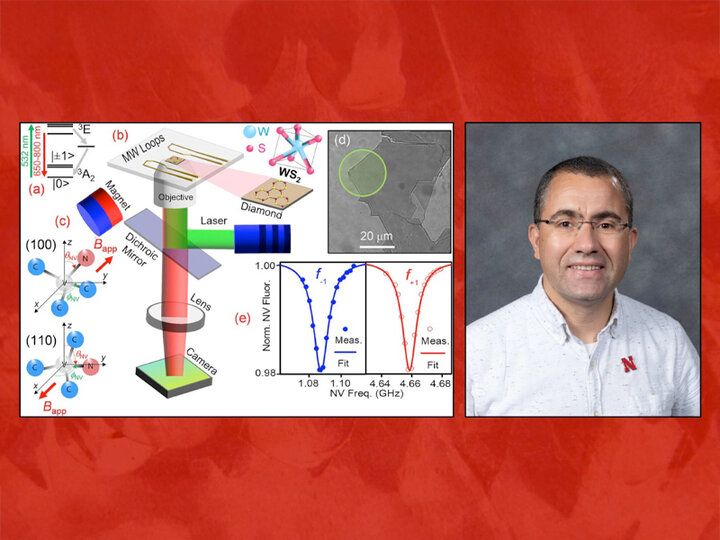mechanical and materials engineering
Exploiting potential of spintronic, optoelectronic devices
Abdelghani Laraoui
EQUATE’s primary research goal is to bring Nebraska to the forefront of scientific discoveries and innovation in the design, synthesis, growth and use of materials and hybrid systems with large-scale quantum properties for applications in sensing, metrology, communication and information processing.
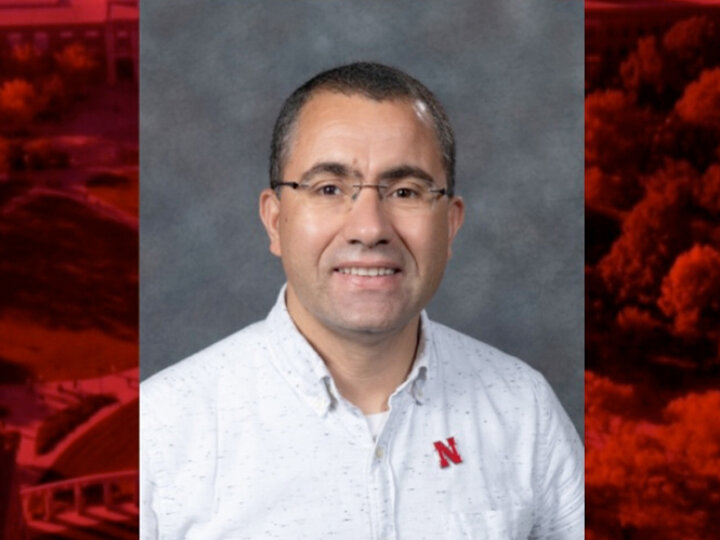
mechanical and materials engineering
Grant provides critical support for university's materials science research
Abdelghani Laraoui
University of Nebraska–Lincoln researchers will continue their pursuit of novel two-dimensional materials with the aid of a new $1.8 million grant through the National Science Foundation’s EPSCoR program.
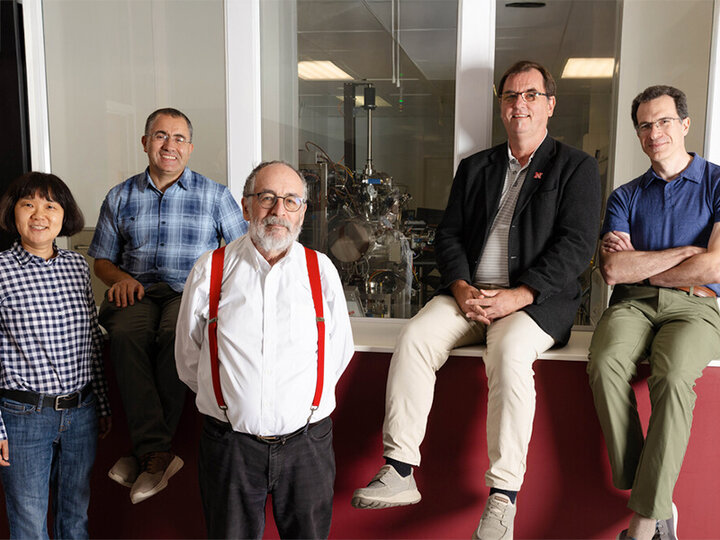
Quantum Sensing & Defect Discovery and Spectroscopy Lab
Scientists Discover New Way to Control Magnetic Skyrmions, Paving the Way for Future Data Storage Tech
Adam Erickson
A team of international researchers has made a breakthrough in the study of magnetic skyrmions—tiny, swirling magnetic structures that could revolutionize the way we store data. Their findings were published recently in the journal Small.
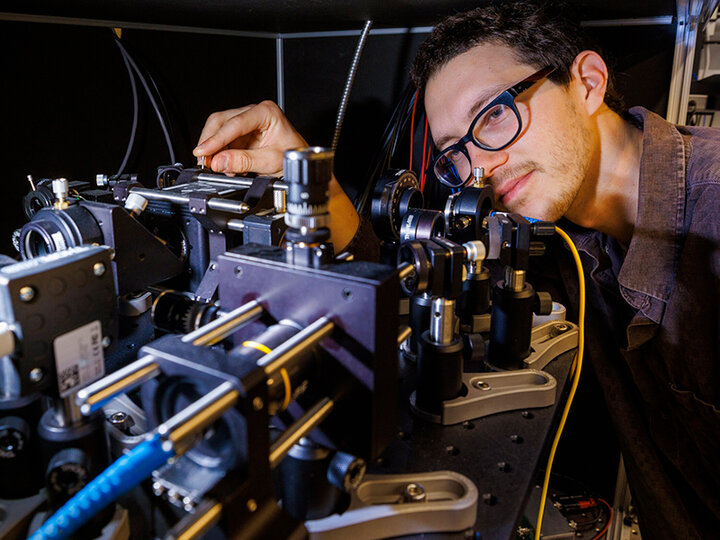
mechanical and materials engineering
Researchers Demonstrate Giant Topological Hall Effect Across Broad Temperature Range in Novel Magnetic Heterostructures
Abdelghani Laraoui
Their findings, published yesterday in Applied Physics Letters under the title “Giant topological Hall effect across a wide temperature range in Pt/NiCo₂O₄ heterostructures,” offer new insights into topological spin structures like skyrmions in magnetic materials.
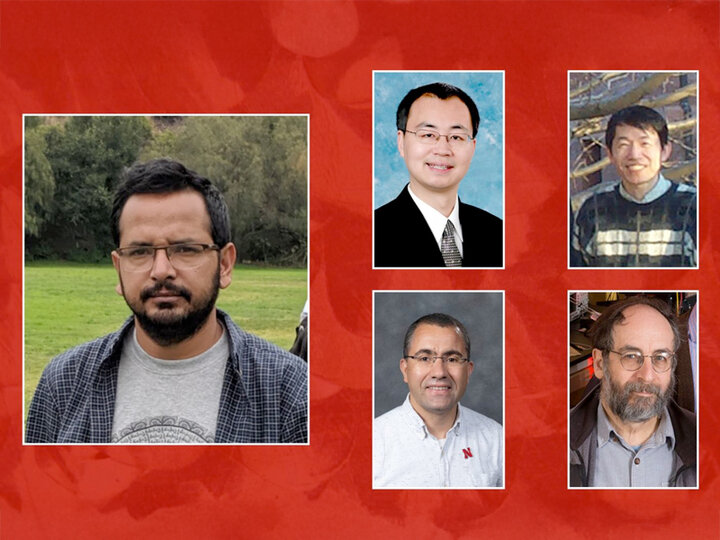
mechanical and materials engineering
Revealing Hidden Magnetism at the Edges of WS₂ Flakes: International Team Publishes Breakthrough in Advanced Functional Materials
Abdelghani Laraoui
A cutting-edge international research effort has unveiled direct evidence of edge-localized magnetism in tungsten disulfide (WS₂), a 2D material renowned for its exceptional electronic and optical properties.
